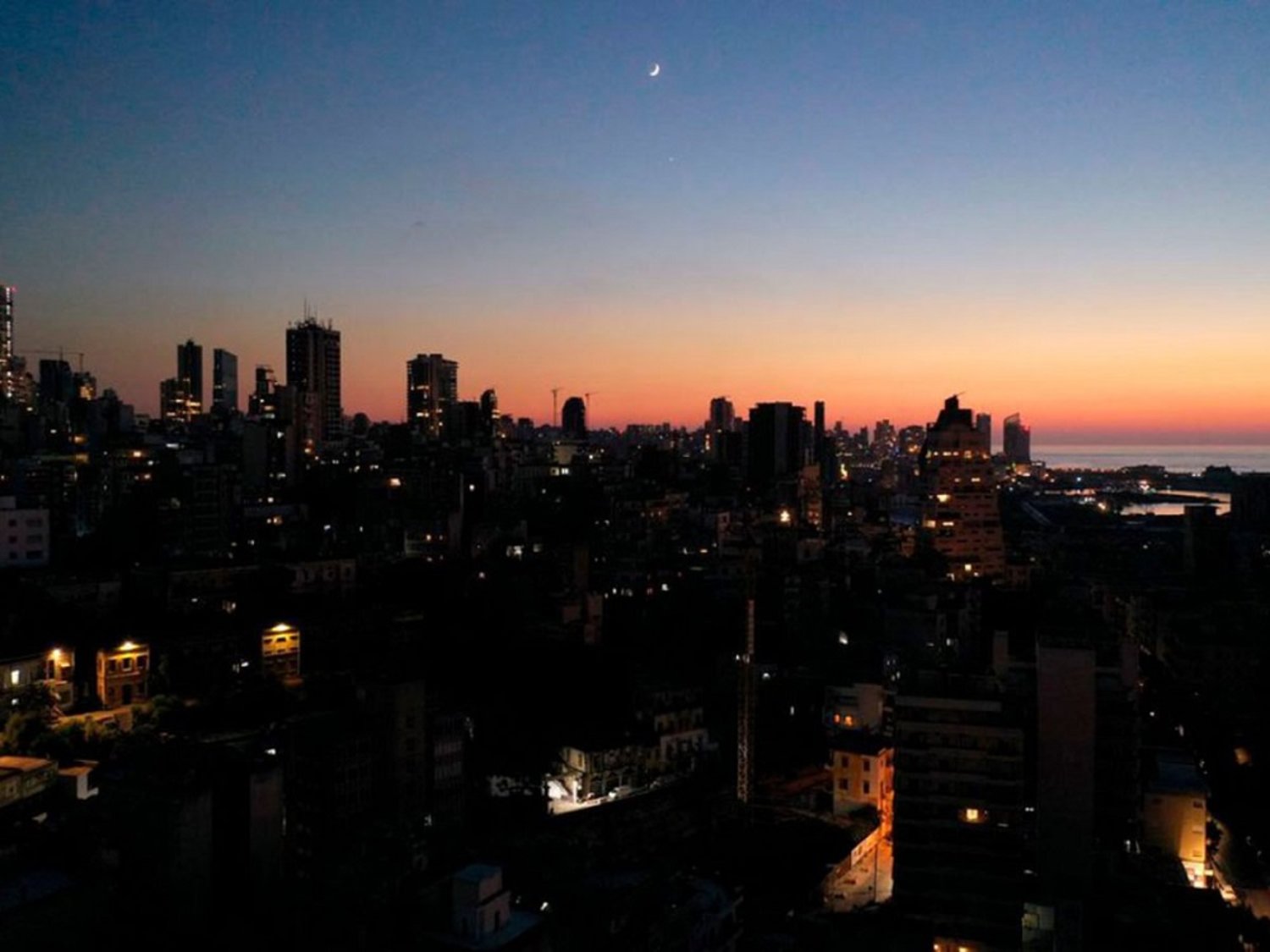On Sunday, Algeria began supplying Lebanon with fuel for the country’s power plants. Algerian Prime Minister Nadir Larbaoui informed his Lebanese counterpart, Najib Mikati, in a phone call that “Lebanon will be immediately supplied with quantities of fuel to help it overcome the current crisis in the electricity sector.”
Mikati extended thanks to Larbaoui for Algeria’s “initiative” and for the “continued support for Lebanon in all areas.”
Lebanon’s main electricity company, Electricité du Liban (EDL), had announced a nationwide power outage earlier that day after the last group of production units at the Zahrani Power Plant went offline, after running out of fuel.
Makeshift Measures
EDL only had the makeshift option to rely on the energy produced by the hydroelectric plants of the National Authority of the Litani River and the Lebanese Army’s stock of diesel fuel stored in the facilities in Zahrani.
The country previously relied on fuel from Iraq, but now Iraq decided against renewing its agreement with Lebanon, citing financial concerns.
This comes in the context of Lebanon’s Central Bank deciding not to approve a new $700 million credit line for Lebanon’s obligations under the agreement. By mid-2024, Lebanon had owed Iraq about $1.59 billion for millions of tonnes of fuel imported since 2021.
However, this did not prevent the power outage impacting key facilities, such as Beirut’s Rafik Hariri International Airport, the port of Beirut, prisons, wastewater treatment facilities and drinking water pumping stations according to an article by Anadolu Ajansı.
Minister of Energy and Water, Walid Fayyad, announced on Sunday evening that the Zahrani plant will be reactivated by midnight with a low capacity of 150 megawatts, which would allow for the stability of the network and the supply of electricity to vital facilities, especially the airport, for a week.
An Endemic Issue Rooted in Political Economy
Lebanon’s electricity crisis is a quintessential example of the daily realities of the country’s neoliberal economic model. It represents a mix of the shrinking role of the state, privatization, mismanagement, inequality, monopolization, and corruption.
The monopolization of the electricity is highly pronounced, with thirteen importing companies owning over 53 percent of fuel storage, 68 percent of tanker trucks and 55 percent of fuel stations. Moreover, the electricity crisis cannot be dissociated from the influence of the cartel of private generators, which has gained significant prominence during the last few decades, coupled with access to policy making circles.
On a consumption level, inequalities are also staggering. A 2023 report by Human Rights Watch highlights that the poorest 20 percent of the population go 11 hours per day without electricity, compared to six hours for the richest 20 percent.
Today, the lack of transparency remains central to the crisis and the managerial realities of the country’s electricity sector. Despite electricity consumption costs being dollarized, the electricity continues.
Economist Ali Noureddine reveals that neither EDL, nor the government or the Central Bank have disclosed so far the amount of revenues achieved after the increase in tariff. Noureddine adds that in a meeting of the Parliamentary Committee on Public Works and Transport, the plan on increasing tariffs did not take into consideration Iraqi fuel dues, which led to a “ticking financial time bomb.”
A prolonged electricity outage would be disastrous for Lebanon’s social, environmental and economic prospects, especially for the country’s poorest groups who already suffer from acute food insecurity and a lack of access to basic needs.


